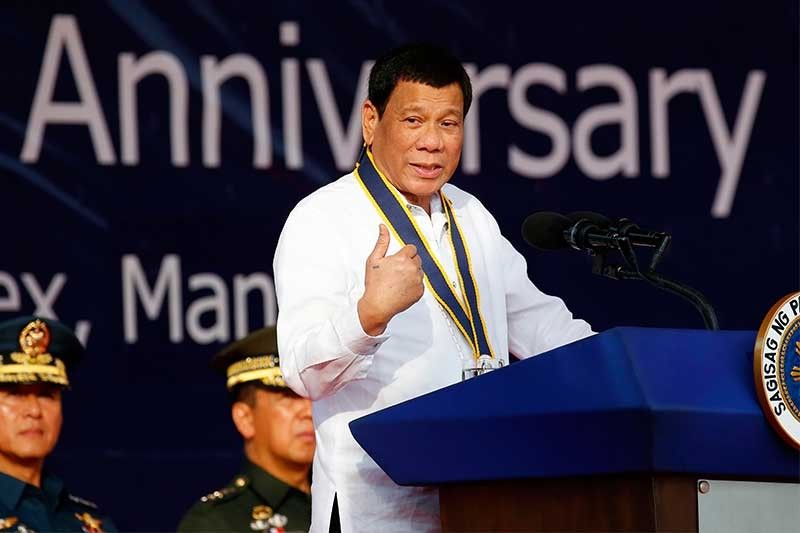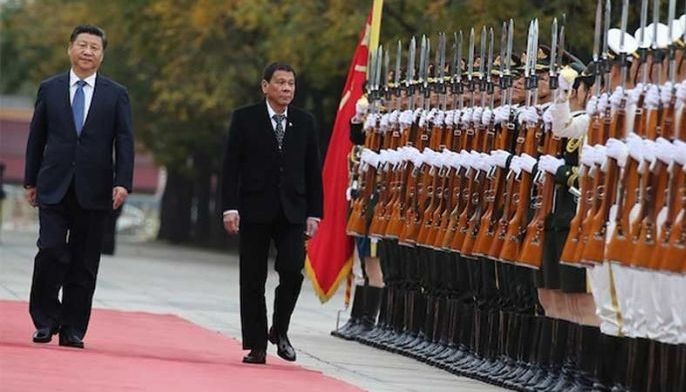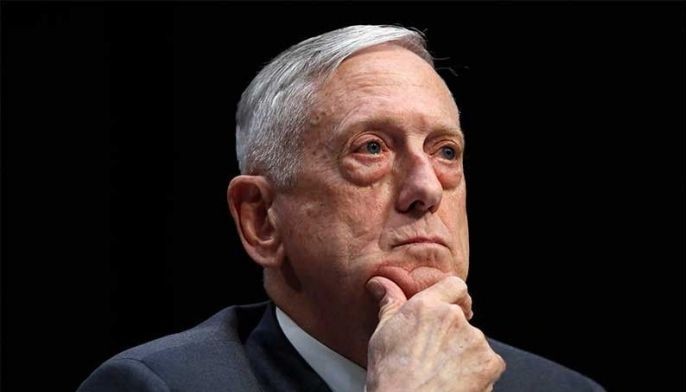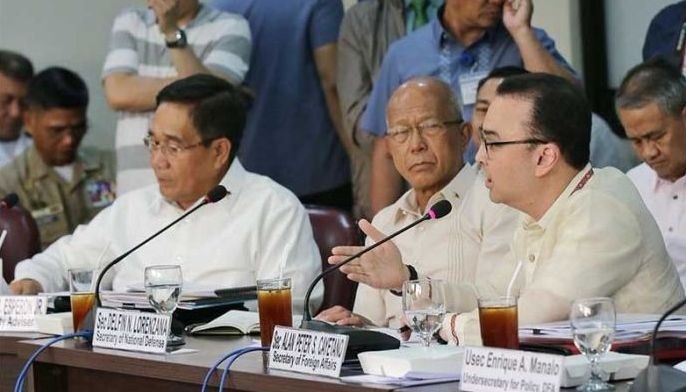'Flip-flops' could lead to loss of control of West Philippine Sea resources — analyst

MANILA, Philippines — President Rodrigo Duterte's approach toward the South China Sea dispute may place the Philippines in the middle of a possible confrontation between the United States and China, a professor said.
Panos Mourdoukoutas, economics professor at Long Island University (LIU) in New York, said that the Philippine leader's "flip-flops" on the disputed waters may lead to Manila losing control of undersea resources.
Trying to determine which among China and the United States is a friend or an enemy would be a "wrong place" for the Philippines to be, Mourdoukoutas said.
"'Economic diplomacy is based on interests, not on friendships,' so goes the old adage. But President Duterte seems to ignore it," Mourdoukoutas said in an opinion piece published by Forbes.
The LIU professor added that Duterte would be looking for friends in Beijing and in Washington, which would leave foreign investors confused on the economic direction of the country.
He warned that the Philippines' equity markets would face "further turbulence" that could unsettle investors.
"They magnify political risks, which add to other investment risks. That's especially the case for countries like the Philippines, which is suffering from persistent political instability since the fall of Ferdinand Marcos in 1986," the economics professor said.
Mourdoukoutas dates Duterte's "flip-flops" back to July 2016 when a United Nations-backed tribunal issued a landmark ruling on Beijing's nine-dash line over the South China Sea.
The Permanent Court of Arbitration ruled that China violated its commitment under the Convention on the Law of the Sea in building artificial islands in the Philippines' exclusive economic zone.
A month after the ruling, Duterte warned of a "bloody" confrontation if China tries to take control of the country's territories in the West Philippine Sea. The president would later on decide to be "friends" with China in the expense of the Philippines' relationship with the United States.
"Apparently, Beijing had offered Manila something Washington couldn’t: the promise of peace and a partnership for prosperity on its own terms. Making promises in high stake disputes is one thing, keeping them is another," Mourdoukoutas said.
Beijing's clear mission in the South China Sea is to assume control of undersea resources, including areas where Manila has sovereign rights.
This would be in sharp contrast with other Southeast Asian countries that also have claims in the disputed waters while the US wants to make maintain freedom of navigation and overflight in the region.
"That brings the region closer to war rather to peace. And the Philippines in a place it doesn’t want to be. At the battlefront, with its vital economic resources controlled by Beijing, not Manila," the LIU professor said.
In the past months, China had deployed anti-cruise missiles, surface-to-air missile systems, electronic jammer and military aircraft on its bases in the Spratly Islands.
The Philippine government maintained that it is taking all diplomatic actions necessary to assert the country's claims while refusing to publicly call out China.
Unlike the Philippines, Vietnam has asked China to pull out its military equipment in the Paracel Islands as it violates Hanoi's sovereignty.
Washington also vowed to continue confronting Beijing's militarization of man-made islands in the South China Sea.
"That's the way we do business in the world. But we are also going to confront what we believe is out of step with international law, out of step with international tribunals that have spoken on the issue, and part of this is we maintain a very transparent military activity out in the Pacific," US Defense Secretary Jim Mattis said. — Patricia Lourdes Viray
- Latest
- Trending



































